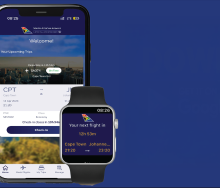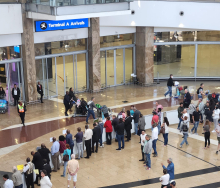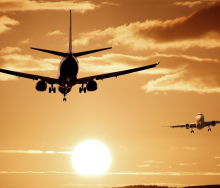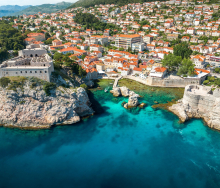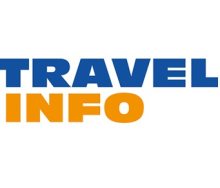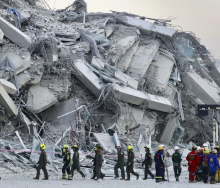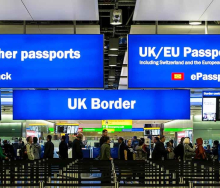Apart from passing mentions about reducing red tape and implementing the remote working visa, tourism received little attention in President Cyril Ramaphosa’s State of the Nation Address (SONA), although the solutions proferred to end loadshedding will have a direct impact on tourism businesses.
In his address on Thursday night (February 9), Ramaphosa focused intensively on South Africa’s power crisis, the biggest challenge facing every sector of the country, including tourism. The declaration of a National State of Disaster and the appointment of a Minister of Electricity in the Presidency were the two most notable outcomes of the speech.
Tshifhiwa Tshivhengwa, CEO of the Tourism Business Council of South Africa (TBCSA), said the announcements needed to be backed up by tangible action.
“We have noted the proclamations made during SONA. The details of how these measures will be implemented will be crucial in assessing whether they will resolve the energy crisis and enable provision of electricity to all businesses, including those in tourism. It is critical that the announcements are turned into action.”
Industry leaders had expressed hope that the President would pay more attention to the positive role that tourism could play in creating jobs and stimulating economic growth. Ramaphosa did, however, touch briefly on the work that government was doing to reduce red tape.
“The red tape reduction team in the Presidency has been working with various departments to make it easier to do business. It has taken a collaborative approach, working with departments and agencies in areas such as the mining rights system, tourism transport operator licences, visas and work permits, early childhood development and the informal sector,” said Ramaphosa.
The President added that government had completed a comprehensive review of the work visa system and would be moving quickly to implement the recommendations put forward.
“These include establishing a more flexible points-based system to attract skilled immigration, implementing a trusted employer scheme to make the visa process easier for large investors and streamlining application requirements.”
No certainty on remote visa
Ramaphosa said the long-awaited remote workers’ visa would also be introduced, although he didn’t provide specifics on the timeline.
James Vos, the City of Cape Town’s Mayoral Committee Member for Economic Growth, said the tourism industry needed specific timelines to introduce the visa, pointing out the “massive economic spinoffs” it would provide.
“Our research shows that a special visa would help attract more international visitors, particularly ‘digital nomads’ who can work virtually from anywhere in the world.
We know that each one of these working tourists tends to spend up to R50 000 (€2 940) during their stay, which has the potential to add up to a significant benefit for the economy,” said Vos.
Tourism could be SA’s economic lifeline
Other tourism stakeholders are undoubtedly disappointed that little recognition was given to the sector during the address.
In an open letter penned to President Ramaphosa a few hours before SONA, FEDHASA pointed out that tourism had the potential to resolve many of the economic challenges facing the country.
“If you were serious when you previously acknowledged that the tourism industry had the power to deliver inclusive economic growth, job creation, exports and GDP growth, we would have seen a great deal more decisiveness on your government’s part to create the enabling environment required to help tourism grow the economy and create jobs.”
FEDHASA highlighted the tourism industry’s potential as an employer of low- and semi-skilled people in peri-urban and rural areas where no other industries operated. The association urged government to consider the practical and tactical action plans that industry leaders had created to deliver catalytic and unprecedented growth.
“Many of the obstacles standing in the way of tourism, and cited in our action plan, could be resolved with just a little political will and a serious commitment to working as a joint private-public sector force for tourism. It really is in your hands. And it really is possible.”


